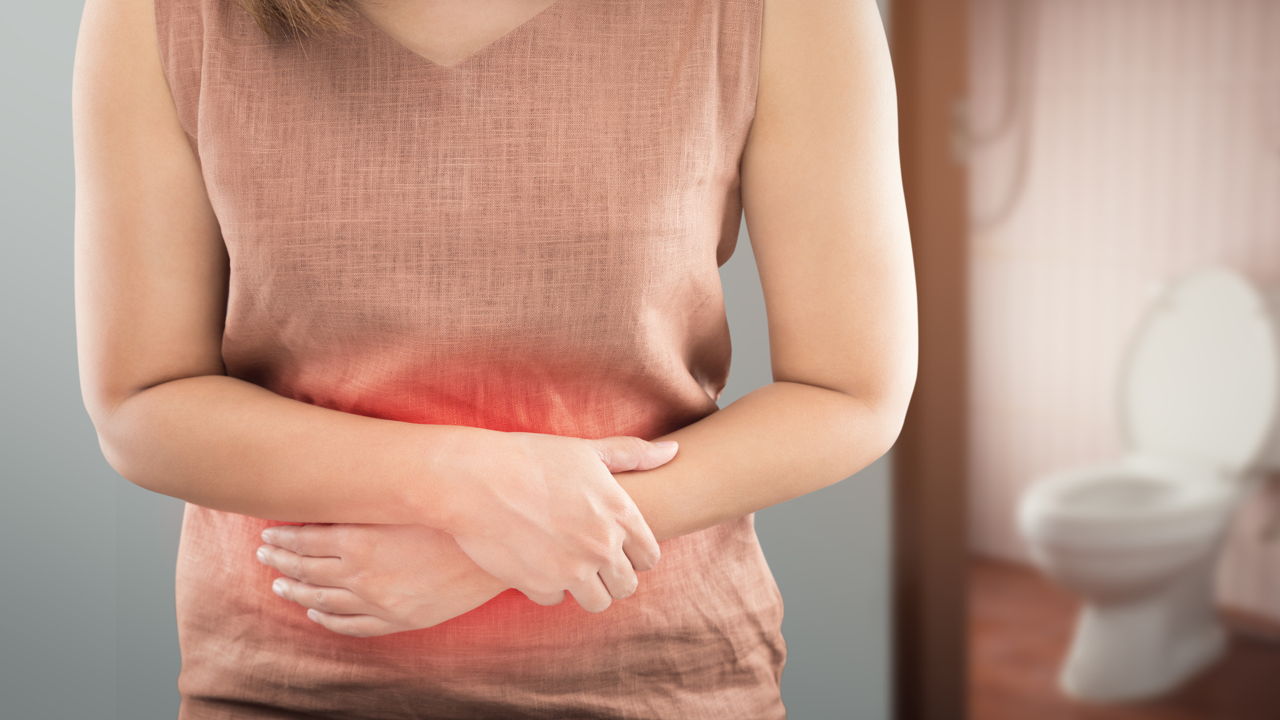
The presence of large amounts of mucus in the stool could be indicative of digestive ailments such as irritable bowel syndrome, bacterial infections, ulcerative colitis, Crohn’s disease, or constipation. The following write-up provides information on the medical conditions that are believed to be the common causes of mucus in stool.
Mucus is a clear, viscous fluid that is produced and secreted by the mucous membranes that line the body cavities. These membranes also line the respiratory tract, digestive tract, and the urogenital tract. Though the main component of mucus is a glycoprotein called mucin, it also contains water, inorganic salts, epithelial cells, etc. In the respiratory tract, mucus moistens the inhaled air and traps the environmental irritants and pathogens. In case of the digestive tract, mucus acts like a lubricant, thereby protecting the lining of the digestive tract. It also facilitates the smooth movement of waste materials inside the colon.
Though it is normal to have small amounts of clear mucus in the feces, the presence of large amounts of mucus, and/or changes in the color and consistency of the stool often points towards an underlying health problem.
What Causes Mucus in Stool?
More often than not, inflammatory bowel disease is believed to be the contributing factor for excess mucus in the feces. The term ‘inflammatory bowel disease’ (IBD) refers to a group of medical conditions that are associated with the small intestine or the colon. However, medical conditions other than IBD could also cause mucus in the fecal matter.
◘ Constipation
◘ Shigellosis
◘ Ulcerative Colitis
◘ Crohn’s Disease
◘ Irritable Bowel Syndrome
◘ Diverticulitis
Besides the aforementioned conditions, the presence of mucus in the feces could be attributed to lactose intolerance, bacterial overgrowth, bowel obstruction, or rectal ulcers. The exact cause can be ascertained by analyzing the patient’s medical history, and conducting a physical examination and diagnostic tests. Though symptoms can be alleviated by drug therapy or other treatment options, making certain lifestyle changes is extremely essential when it comes to treating digestive disorders. Following a healthy diet and increasing the intake of water will certainly prove beneficial.
Disclaimer: This article is for informational purposes only and should not be used as a replacement for expert medical advice.


